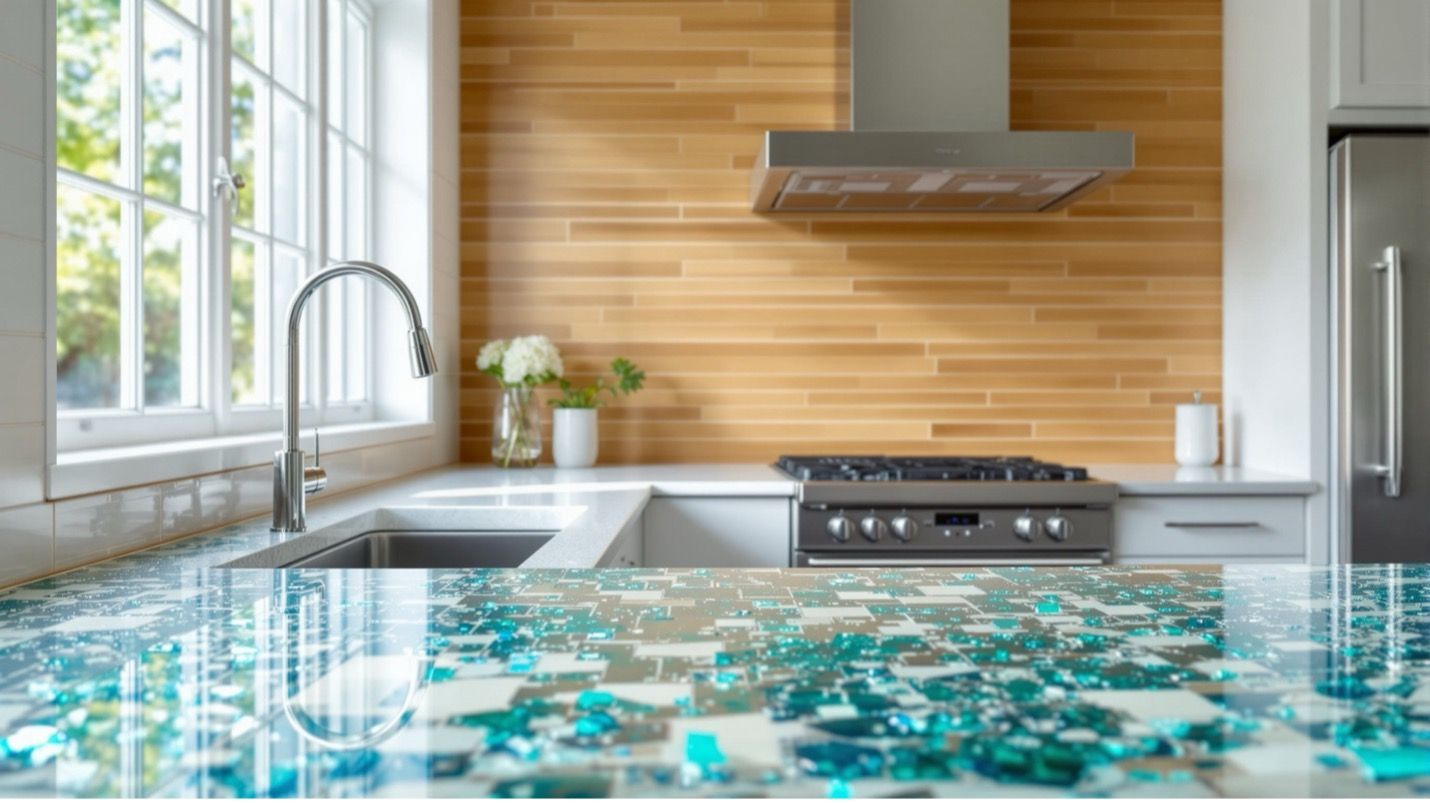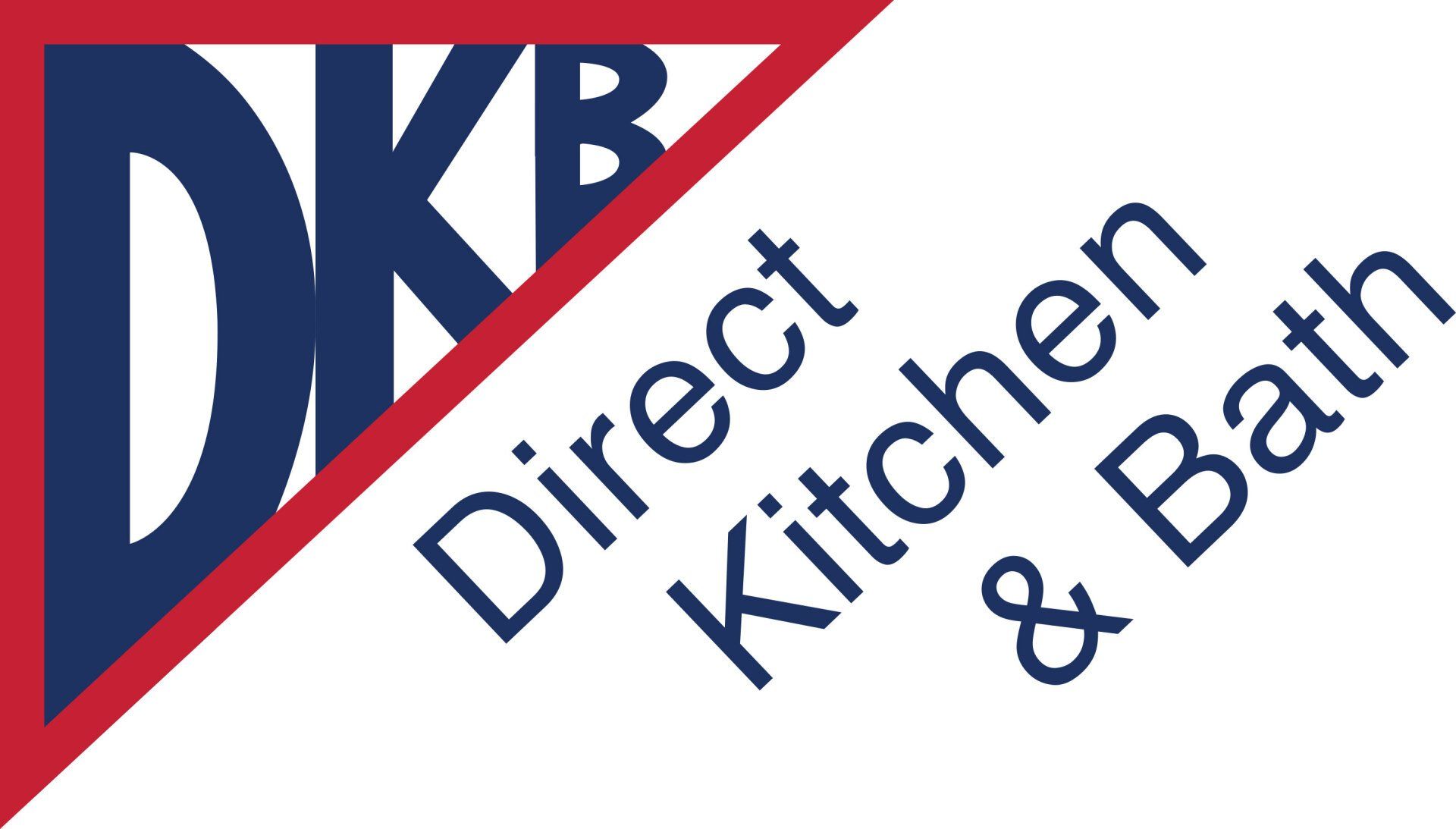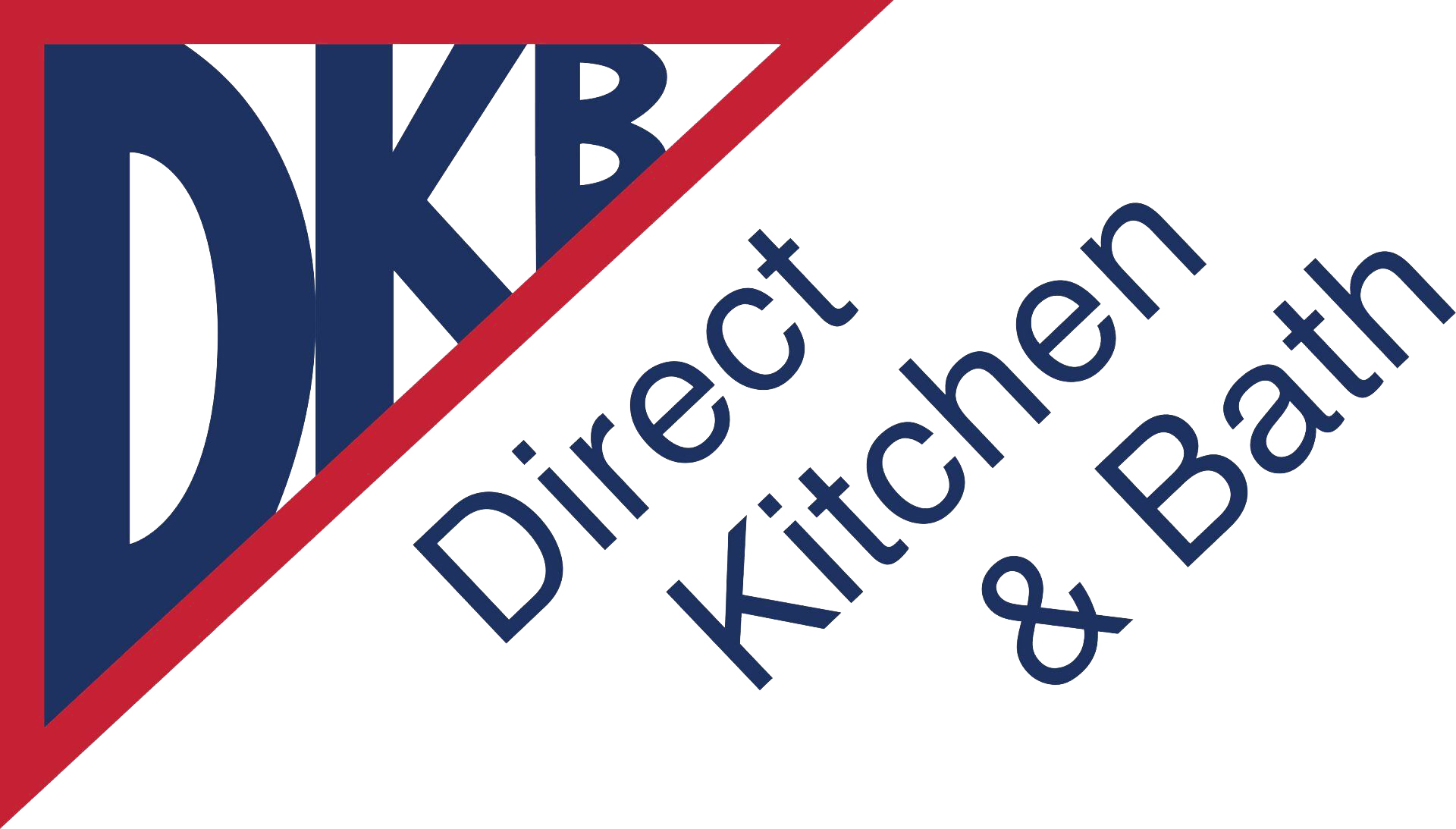Sustainable Materials for Eco-Friendly Kitchen Remodels in Whitehall, PA
Many kitchens in Whitehall, PA were built years ago when energy efficiency and sustainability were not top priorities. As home design trends evolve, more homeowners are discovering that sustainability means more than recycling or buying energy-efficient appliances. It is about using fewer natural resources, reducing energy consumption, and creating healthier, longer-lasting spaces for their families.
A sustainable kitchen remodel focuses on smart design, quality materials, and energy-conscious choices. The result is a space that performs better, looks beautiful, and contributes to a cleaner environment. It also adds value to your home while helping you save on utilities over time.
A sustainable kitchen remodel focuses on smart design, quality materials, and energy-conscious choices. The result is a space that performs better, looks beautiful, and contributes to a cleaner environment. It also adds value to your home while helping you save on utilities over time.

Start with Smart Kitchen Design
An eco-friendly kitchen begins long before construction starts. The design phase determines how efficiently your space will function and how much energy it will use in the years ahead.
At Direct Kitchen & Bath, we use advanced 3D design tools to help homeowners visualize every detail before work begins. This careful planning reduces measurement errors and unnecessary material waste while ensuring the final design supports natural light and efficient workflow.
Simple design choices can make a big difference. Positioning prep areas near windows minimizes artificial lighting needs, and reflective surfaces can help distribute sunlight more evenly. A homeowner in Whitehall, for example, might choose to open up a wall between the kitchen and dining room to improve airflow and brightness while cutting down on energy use.
An eco-friendly kitchen begins long before construction starts. The design phase determines how efficiently your space will function and how much energy it will use in the years ahead.We also recommend incorporating multi-functional zones that allow your kitchen to adapt over time. Movable islands or flexible seating arrangements make the space more efficient without requiring future renovations.
For inspiration and guidance, explore our Kitchen Remodeling services to see how thoughtful design can lead to a sustainable, energy-efficient upgrade.
Choose Sustainable Materials That Last
The materials you select play a major role in how environmentally friendly your kitchen will be. Durable, responsibly sourced materials last longer and reduce the need for future replacements, which saves both money and resources.
When choosing sustainable products, consider:
- Cabinetry: Opt for FSC-certified wood or bamboo from renewable sources. If your cabinets are still structurally sound, refacing can update the style without replacing the entire system.
- Countertops: Quartz, recycled glass, or reclaimed stone offer long-term strength and beauty while minimizing environmental impact.
- Flooring: Cork and reclaimed hardwood are renewable and stylish options that perform well in high-traffic areas.
We help clients compare options that fit their style and sustainability goals. Whether you prefer natural finishes or modern designs, our eco-friendly kitchen cabinets provide long-lasting value while supporting environmentally responsible choices.
When selecting finishes, it is also important to check for products with low or zero VOC (volatile organic compound) emissions. These materials improve indoor air quality, making the kitchen a healthier place for your family.
Upgrade to Energy-Efficient Appliances and Fixtures
Appliances account for a large portion of a kitchen’s energy consumption. Replacing older models with efficient versions can make a noticeable difference in both energy bills and environmental impact.
According to ENERGY STAR, certified dishwashers use about 12 percent less energy and 30 percent less water than standard models. Choosing an ENERGY STAR refrigerator, oven, or microwave can lead to similar savings. LED lighting and induction cooktops are also great upgrades that use less power and provide better performance.
Water conservation matters, too. Installing low-flow or touchless faucets can reduce water waste without changing your daily routine. Some homeowners also choose under-sink filtration systems that cut down on bottled water use.
During the design process, our team helps coordinate appliance and fixture selections so they align with both your aesthetic and efficiency goals. This step ensures your kitchen looks cohesive while performing at its best.

Minimize Waste During Construction
A sustainable remodel also means managing materials responsibly during demolition and installation. Much of the waste from home projects comes from packaging, leftover materials, and discarded fixtures that could be reused or recycled.
Our teams plan each project carefully to order the right quantities, reducing excess and preventing delays. When possible, usable materials are donated or repurposed through local recycling programs. For example, a client who replaces older oak cabinets may have them refinished and donated instead of sending them to the landfill
We also focus on clean, organized workspaces to reduce dust and disruption. Protective coverings, efficient scheduling, and on-site recycling bins all help reduce the project’s environmental footprint. By handling both design and construction in-house, we manage each step efficiently and minimize unnecessary waste.
Think Long-Term Sustainability
A sustainable kitchen should serve your needs for decades, not just a few years. Timeless design and durable finishes reduce the need for frequent renovations and make your investment last longer.
We encourage homeowners to choose neutral tones, flexible layouts, and materials that can adapt to changing styles. A homeowner planning for retirement, for example, might include wider walkways or accessible storage to make the space functional for years to come.
Quality craftsmanship is another key part of sustainability. Investing in sturdy cabinets, solid-surface countertops, and energy-efficient lighting ensures your kitchen remains both stylish and dependable over time. At Direct Kitchen & Bath, we believe sustainability includes how we plan, build, and support every project, from concept to completion.

Practical Tips for a Greener Kitchen
Even small decisions can make a big difference in your kitchen’s environmental impact. Consider these ideas when planning your remodel:
- Recycle or donate old appliances and cabinetry rather than discarding them.
- Choose paints and finishes labeled as low-VOC or zero-VOC to improve indoor air quality.
- Add a built-in recycling or compost station for everyday waste management.
- Support local suppliers to reduce transportation emissions and strengthen the community.
- Use smart lighting or thermostats to manage energy use more effectively.
- Keep a maintenance plan to extend the life of your cabinets, flooring, and appliances.
These changes not only create a more sustainable home but also make daily life easier and more efficient.
Conclusion
Remodeling your kitchen with sustainability in mind benefits your home, your health, and the planet. By combining efficient design, durable materials, and energy-smart upgrades, you can create a space that looks incredible and functions responsibly.
If you are ready to learn more about sustainable design options, visit our showroom or connect with our team. We are proud to help Whitehall homeowners design kitchens that are energy-efficient, comfortable, and built to last.











